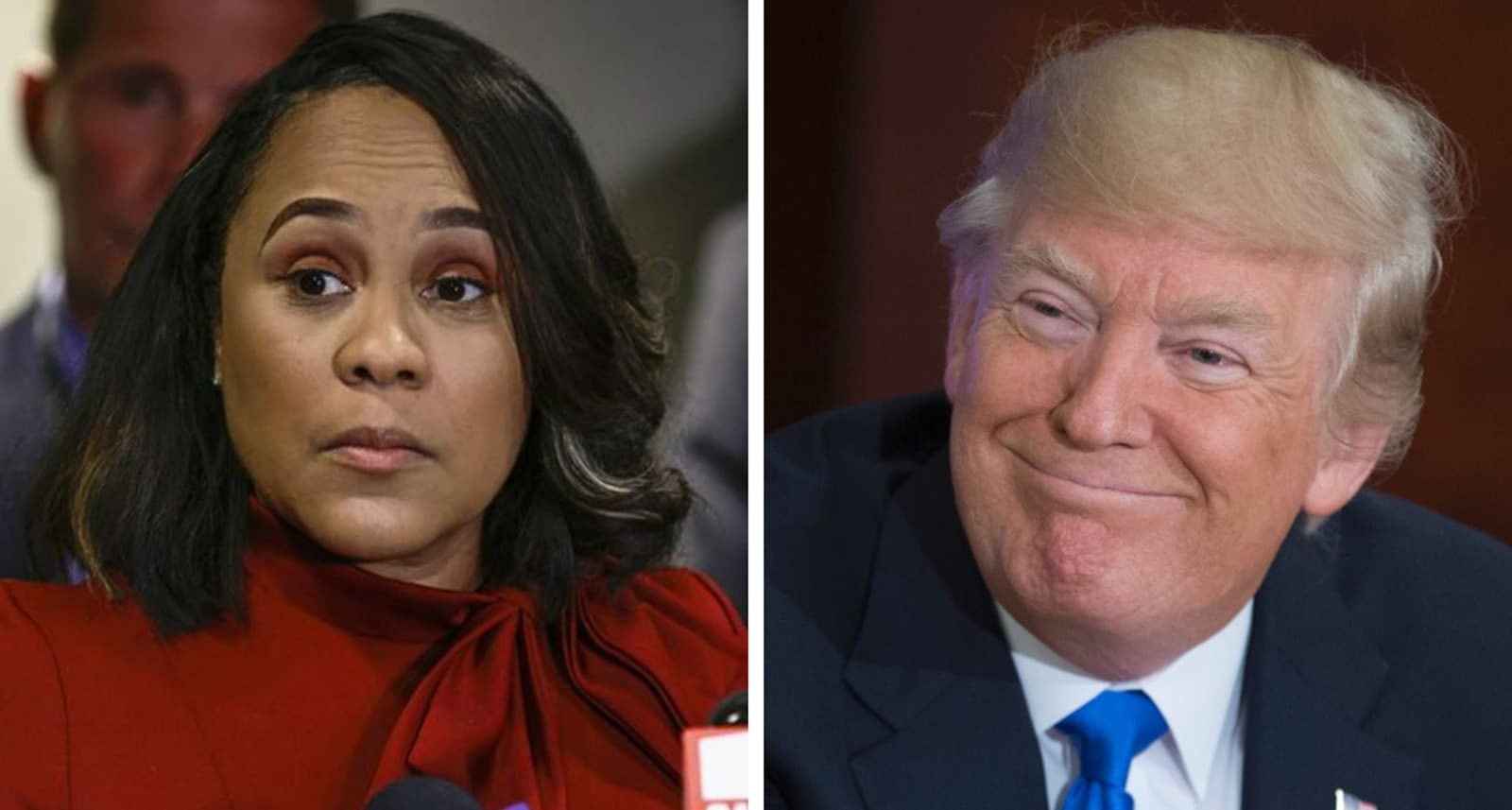OPINION: This article may contain commentary which reflects the author's opinion.
The judge in the Georgia election interference case has decided that Kenneth Chesebro and Sidney Powell will not be tried alongside Donald Trump and the other 16 co-defendants in the case.
“Defendants Chesebro and Powell will join each other at trial, however, the other 17 defendants are severed from these two. Additional severances may follow. All pretrial deadlines will proceed as scheduled without a stay of proceedings,” Judge Scott McAfee at the Superior Court of Fulton County wrote in a ruling issued on Thursday.
The judge noted that the action was taken as a result of Chesebro and Powell exercising their right to a speedy trial.
The 18 other defendants in the case with Trump are also pursuing early defense strategies, which is quickly complicating the prosecution’s plan to hold a trial the following month.
District Attorney Fani Willis attempted to keep all of the co-defendants together for a single trial starting on October 23, but a number of ongoing legal maneuvers pose significant obstacles to Willis’s goal, which legal experts have referred to as extraordinarily ambitious.
Five defendants have so far sought to have their cases transferred to federal court, two have asked for a speedy trial, and the majority have sought to have their cases separated from those of co-defendants.
Last week, Judge McAfee made light of the challenges of trying so many people simultaneously, The Washington Post reported.
“It just seems a bit unrealistic to think that we can handle all 19 in 40-something days,” he said.
In all four of his criminal cases, Trump has attempted to push back the trial dates. The recent maneuvering raises the possibility that a trial won’t be held until after the November 2024 election, despite the fact that the Georgia charges are not subject to a presidential pardon.
Considering that McAfee is anticipated to announce a trial date for Trump in Georgia soon, the following is how the defense tactics are influencing that timetable.
Five of the 19 co-defendants have filed motions to remove the case from state court to federal court, which could prolong the proceedings for months.
Meadows’ attempt was rejected by a federal judge on Friday, but he quickly filed an appeal with the 11th U.S. Circuit Court of Appeals. On the other’s requests, the judge has not yet made a decision.
McAfee has suggested the removals make it difficult to accomplish Willis’s goal of trying all the defendants in state court next month.
Some legal professionals think that if one defendant’s request is granted, the charges against the others will also be automatically moved.
What would happen if the case is moved after the trial has started was a concern raised by McAfee at the hearing.
“Where does that leave us in the middle of a jury trial?” McAfee said. “Is double jeopardy attached? Have you now risked your entire prosecution because this case has now been removed to federal court? And we’ve sworn in a jury that has been presenting evidence against all these other co-defendants.”
MSNBC host Ali Velshi asked network legal analyst Glenn Kirshner, “What is the basis of arguing that severance in a case like this is improper?”
“So, Ali, anytime we indict a co-defendant case, the prosecutors have a keen interest in keeping all defendants in the same trial,” Kirschner said. “The defendants ordinarily have a keen interest to try to get themselves removed from, or severed out, of the joint trial. Why is that? Because any time co-defendants are tried separate from their fellow co-defendants — and I’ve had this happen many times as a prosecutor — they will make what they call ‘the empty chair defense.’”
“So I can almost promise you that one of, for example, defendant Chesebro’s defenses, if he is sitting there, either alone or maybe with Sidney Powell and one or two other co-conspirators, charged co-defendants, I can almost see him saying, ‘You know what? John Eastman, the constitutional scholar, the law school Dean, who should be sitting in that empty chair right there, but he’s not. He is the true architect behind the alternate electors scheme because he assured me there was legal support for it,'” Kirshner continued.
